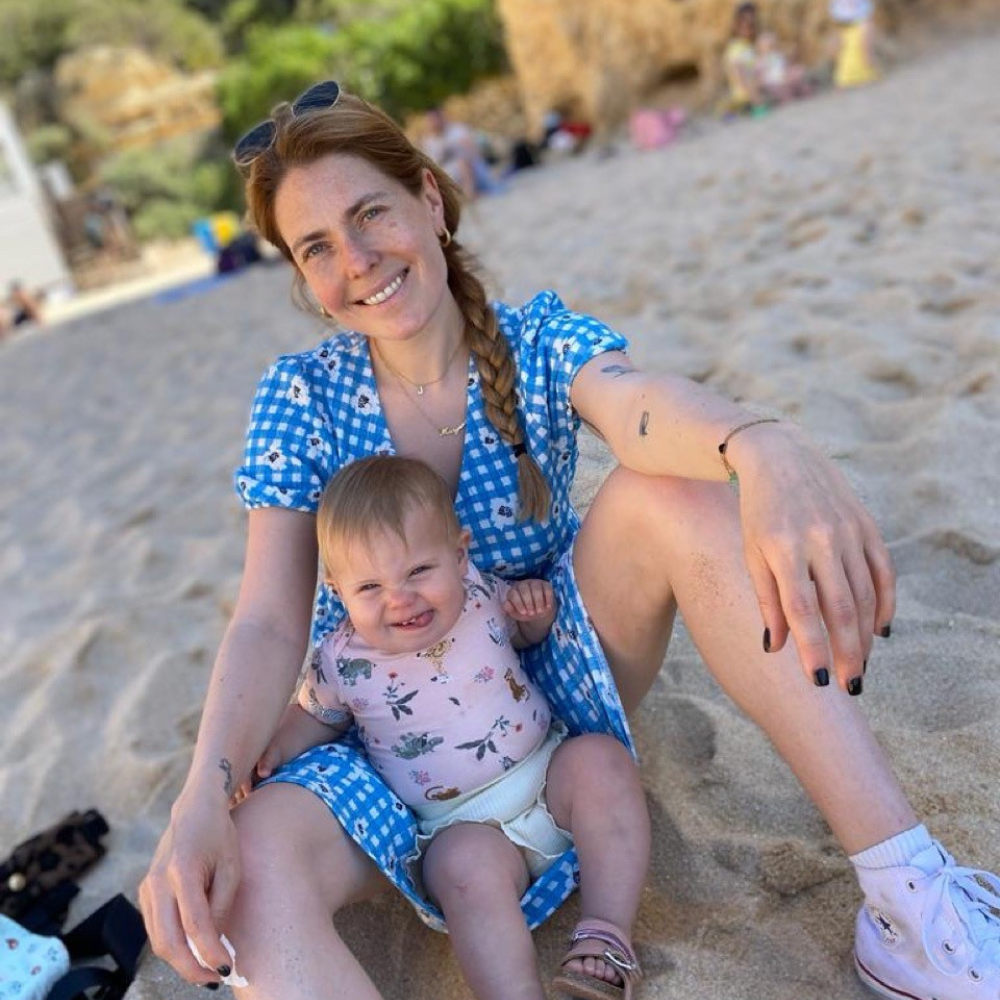Children are a source of immeasurable joy, their innocence and curiosity a remarkable testament to the wonder of life. However, as any parent will tell you, raising toddlers can also be a complex journey. And so is dealing with their tantrums.
As a mother of a 18-month-old, I can testify that dealing with tantrums can be challenging. Most of the time, you might feel clueless about what is really going on. Is there something triggering them, or can they not control their urges? It’s like a puzzle sometimes. But then, you come across the concept of co-regulation and wonder, is that the key to handling tantrums? Let’s be honest; toddlers understand a lot more than they can actually articulate. Can you imagine wanting to share your day’s experiences but not being able to find the words? Frustrating, isn’t it? It’s the same for your toddlers, so let’s approach them with kindness and understanding. Offer help when they struggle. Tell them, “I know you want to do it yourself, but would you like mommy or daddy to assist you?”
What is a Tantrum?
In the simplest terms, a tantrum is an outburst, typically characterized by difficulties in controlling emotions, frustration, crying, screaming, and sometimes physical actions like kicking, hitting, or throwing things. While they can be incredibly challenging for parents and caregivers, tantrums are a normal part of child development. They tend to start at around 18 months and are prevalent until about age four, although this can vary.
Tantrums are common during toddlerhood because toddlers are in a stage of life where they are becoming increasingly independent and discovering their individuality. They’re learning to assert themselves, testing limits, and experimenting with the power of decision-making. However, their language and communication skills have not fully developed, leading to a difficulty in expressing their needs, wants, or feelings. This gap often results in frustration, which can lead to a tantrum.
Understanding Tantrums
Some common triggers for tantrums in toddlers include:
- Hunger: Sometimes the cause of your child’s tantrum might be quite simply they are hungry.
- Tiredness: When toddlers feel tired they have a hard time communicating it, which might cause them to throw a tantrum.
- Overstimulation: Toddlers can become overwhelmed by too much stimulation from their environment.
- Frustration: Toddlers can become frustrated when they are unable to do something or when they are not getting what they want.
- Attention-seeking: Toddlers may throw tantrums to get attention from their parents or caregivers.
It’s important to note that tantrums aren’t a reflection of poor parenting. They are a normal part of a toddler’s development and an indicator that they’re learning how to navigate their emotions.
Managing Tantrums
Here are some practical tips and tricks that can help you deal with your toddler’s tantrums:
- Prevention is the Best Cure: One of the most effective ways to manage tantrums is to prevent them in the first place. This can be done by maintaining a consistent daily routine for your child, providing a balanced diet, and ensuring they get enough sleep.
- Use Distraction and Diversion: Distracting your toddler or diverting their attention to something else can be an effective strategy to prevent a meltdown.
- Stay Calm: It’s crucial to remain calm during a tantrum. Losing your cool won’t help the situation and can often exacerbate the tantrum. Remember, your child is looking to you as a model for managing emotions.
- Understanding and Validation: Validate your child’s feelings even if they seem irrational. For instance, if your child is upset because they can’t have a cookie before dinner, acknowledge their frustration while maintaining the rule.
- Teach Healthy Coping Mechanisms: As your toddler grows, start teaching them ways to cope with their frustration and other overwhelming emotions. Simple techniques like deep breathing or counting can be effective.
- Offer comfort: Once your child has calmed down, offer comfort and reassurance.
- Talk about it: When your child is calm, talk to them about what happened and how they could handle the situation differently next time.
- Ignore the behavior: If your child is not hurting themselves or others, it’s best to ignore the behavior and let them work through their emotions.
Remember, if your toddler laughs at you when you’re trying to calm them down, it’s best not to react. Instead, stay calm and continue trying to calm them down. Toddlers are still learning how to express their emotions and communicate their needs.
Here are some tips on how to prevent tantrums:
- Stick to a routine: Toddlers thrive on routine and predictability. Try to keep your child’s schedule as consistent as possible.
- Give your child choices: Giving your child choices can help them feel more in control and less frustrated.
- Avoid overstimulation: Try to avoid situations that might overstimulate your child, such as loud noises or bright lights.
- Be aware of hunger and tiredness: Make sure your child is well-fed and well-rested to avoid hunger or tiredness triggering a tantrum.
- Praise good behavior: Praise your child when they exhibit good behavior to reinforce positive habits.
- Teach your child how to express their emotions: Help your child learn how to express their emotions in a healthy way by talking about feelings and modeling healthy emotional expression.
Always stay calm
Parenting a toddler through tantrums can be challenging, but it’s important to remember that this phase is temporary. With patience, understanding, and consistency, you can help your child navigate this tricky terrain while also teaching them essential skills for emotional self-regulation. Always remember, it’s okay to seek help if you’re struggling. Parenting is a journey, not a destination. As you continue on this journey, remember to be gentle with both your child and yourself. You’re both learning together.









